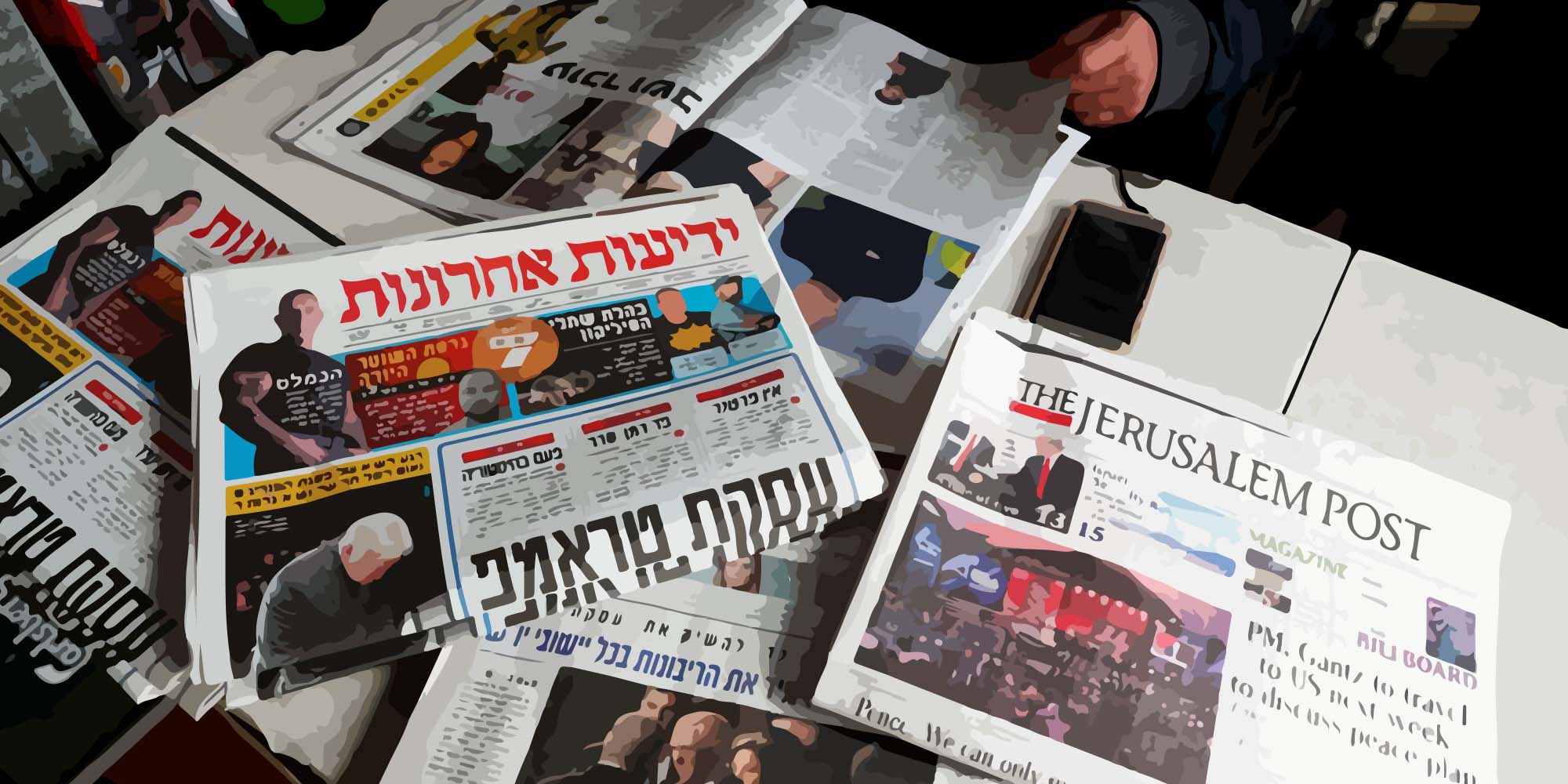A Cultural Cloak
Israel’s government openly acknowledges its use of cultural initiatives to promote its image and divert attention from its apartheid policies. Former Israeli Foreign Ministry official Nissim Ben-Sheetrit admitted, “We see culture as a propaganda tool of the first rank, and do not differentiate between propaganda and culture.” This strategy, known as the “Brand Israel” campaign, seeks to present Israel as a beacon of civilization and culture while masking its oppressive actions against Palestinians.
Systematic Silencing of Palestinian Voices
- Suppression of Palestinian Artists: In 2002, Palestinian poets Zakaria Mohammed and Ghassan Zaqtan were denied permission to travel and share their work internationally. The same year, the Israeli Film Board banned Mohammad Bakri’s critically acclaimed documentary Jenin, Jenin after just three screenings.
- Attacks on Cultural Events: In 2009, Israeli soldiers blocked the opening of the Palestine Festival of Literature in Jerusalem, and in 2011, they tear-gassed the venue hosting the festival’s final event. That same year, Israeli forces raided the Freedom Theatre in Jenin, arresting several of its members.
- Cultural Boycott of Global Institutions: In 2011, Israeli Prime Minister Benjamin Netanyahu suspended Israel’s contributions to UNESCO in retaliation for the organization’s recognition of Palestine.
The Power of Boycott
The BDS movement has gained widespread support among artists, intellectuals, and cultural institutions worldwide. By refusing to participate in events or initiatives that normalize Israeli apartheid, these individuals and groups amplify Palestinian calls for justice and equality.
Examples of Impact
- More than 200 artists in various countries have pledged to boycott Israeli cultural events.
- Prominent global figures and organizations, from Nobel laureates to major academic institutions, have endorsed the BDS campaign as a nonviolent means of holding Israel accountable.
Why Boycott Matters
The cultural boycott does not target individual artists but rather institutions and events that serve as vehicles for Israeli propaganda. It challenges initiatives funded or endorsed by the Israeli government, such as film festivals, art exhibitions, and academic exchanges, which aim to distract from the ongoing occupation and systemic discrimination against Palestinians.
The boycott also emphasizes solidarity with Palestinian artists, whose voices are systematically stifled by Israeli authorities. By supporting BDS, global citizens stand against the weaponization of culture and advocate for a world where freedom of expression and cultural exchange are not monopolized by oppressive regimes.


